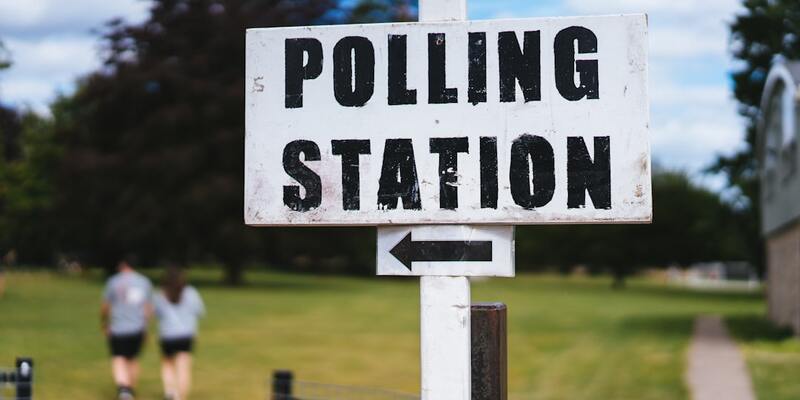
Election Day is a cornerstone of our democracy—a day when every citizen has the opportunity to make their voice heard and shape the future of our country. For senior citizens, participating in this civic duty is not just a right; it’s a powerful way to contribute to the community and ensure that the values and principles we hold dear are upheld for future generations.
The Importance of Voting
Voting is one of the most significant ways we can influence the direction of our nation. Whether it’s a local election for city council or a national election for the presidency, every vote counts. For many seniors, voting is not only a way to express our opinions but also a reminder of the struggles and sacrifices made to secure this right. From the women’s suffrage movement to the civil rights era, the fight for the right to vote has been a crucial part of our history.
As we age, our experiences and wisdom give us a unique perspective on the issues facing our country. Whether it’s concerns about healthcare, Social Security, or national security, our votes reflect the accumulated knowledge of a lifetime. By casting our ballots, we ensure that our voices are part of the conversation about where our country is headed.
Preparing for Election Day
Preparation is key to ensuring a smooth voting experience. Here are some tips to help you get ready for Election Day:
- Check Your Registration: Before Election Day, make sure you are registered to vote. You can check your registration status online or by contacting your local election office. If you’ve recently moved, you’ll need to update your registration with your new address.
- Know Your Polling Place: Your polling place is where you will go to cast your vote. Polling places are typically located in schools, community centers, or other public buildings. Make sure you know the location of your polling place, as it may have changed since the last election.
- Review the Ballot: Many states offer a sample ballot before Election Day. Reviewing the ballot in advance can help you make informed decisions about the candidates and issues. You can find sample ballots on your local election office’s website or in your voter guide.
- Plan Your Trip: If you need transportation to the polling place, plan ahead. Many communities offer free or reduced-fare transportation for seniors on Election Day. You can also consider voting early or by mail if getting to the polling place is difficult.
- Bring Identification: Some states require voters to show identification at the polls. Check with your local election office to find out what forms of ID are accepted in your state. Even if your state doesn’t require ID, it’s a good idea to bring it just in case.
Voting Options for Seniors
In addition to voting in person on Election Day, there are several options that can make voting easier for seniors:
- Early Voting: Many states offer early voting, which allows you to cast your ballot before Election Day. Early voting can help you avoid crowds and long lines, making the process more convenient.
- Absentee Voting: If you are unable to vote in person due to health issues, mobility challenges, or other reasons, you can request an absentee ballot. Absentee voting allows you to vote by mail from the comfort of your home. Be sure to request your absentee ballot early to ensure it arrives in time to be counted.
- Curbside Voting: In some states, polling places offer curbside voting for seniors and individuals with disabilities. This allows you to vote from your car with the assistance of poll workers, providing a safe and accessible option.
Staying Informed
Staying informed about the issues and candidates is crucial to making an informed decision on Election Day. Many seniors find it helpful to watch debates, read voter guides, and discuss issues with family and friends. It’s also important to be cautious about misinformation. Stick to trusted sources of news and be wary of information that seems exaggerated or false.
The Legacy of Voting
For senior citizens, voting is more than just a civic duty—it’s a legacy. By participating in elections, we help shape the future for our children, grandchildren, and generations to come. It’s an opportunity to ensure that the values we hold dear—such as freedom, justice, and equality—are preserved and strengthened.
On Election Day, take pride in your role as a voter. Whether you’re voting for the first time or the fiftieth, your voice matters. By casting your ballot, you contribute to the ongoing story of our democracy—a story that is richer and stronger because of your participation.
Conclusion
As Election Day approaches, remember that your vote is your voice. Take the time to prepare, stay informed, and make your voice heard. Your participation is vital to the health of our democracy, and your vote helps ensure a brighter future for all.






